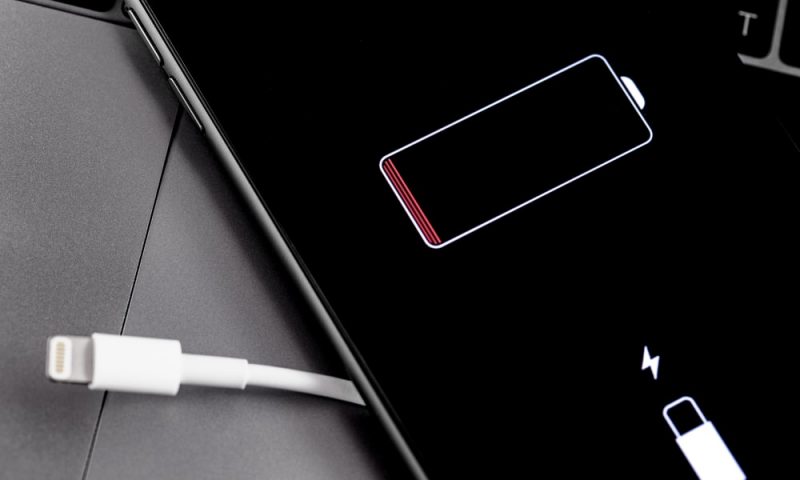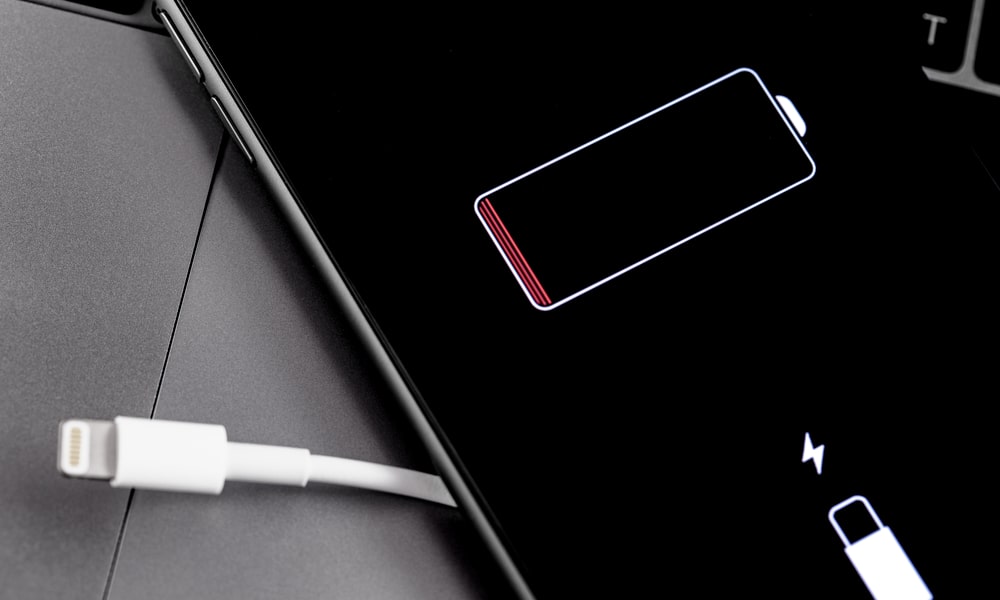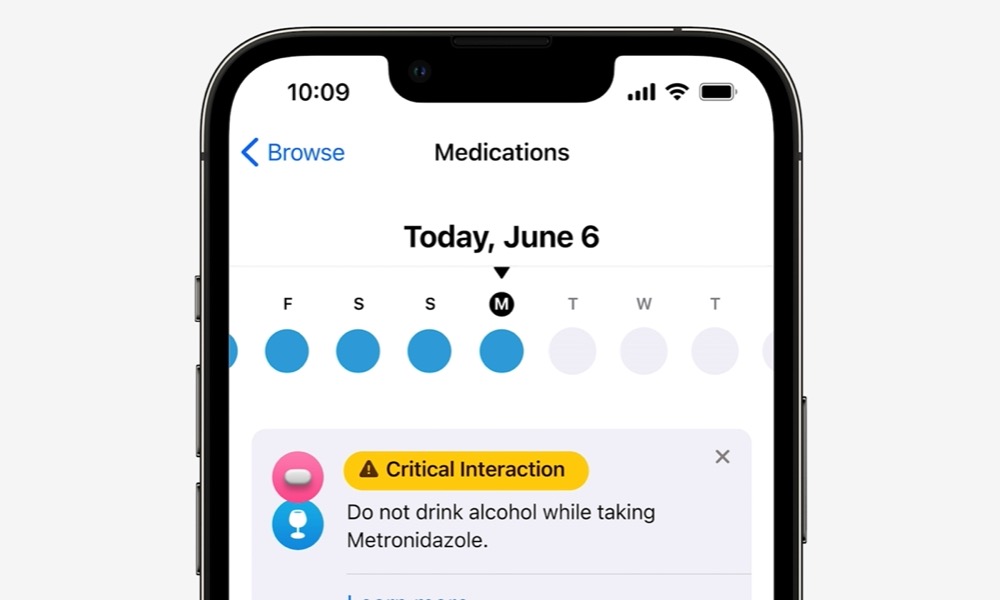U.K. Consumer Rights Advocate Seeking Nearly $1 Billion in Damages from Apple Over ‘Batterygate’ Affair

 Credit: Primakov / Shutterstock
Credit: Primakov / Shutterstock
According to The Guardian, Justin Gutmann, a consumer rights advocate in the U.K., is seeking damages of more than £750 million (~$930 million) due to Apple’s failure to properly notify customers of the move.
Unlike the consolidated class-action lawsuit filed in the U.S., Gutmann has filed his claim with the U.K.’s Competition Appeals Tribunal, a specialist judicial body that decides cases involving competition and economic and regulatory issues — and has the power to levy fines and judgments in its own right.
While the £750 million claim sounds like a lot of money, it’s relatively small when you consider that Gutmann estimates nearly 25 million people were affected by Apple’s decision. By comparison, Apple agreed to $500 million in payouts in the U.S. class-action lawsuit in 2020, which worked out to only $25 per affected customer, especially after $93 million in lawyers fees were deducted upfront.
6 Apps Everyone Should Absolutely Have on Their iPhone & iPad – Number 1 is Our Favorite
The App Store has become completely oversaturated with all the same repetitive junk. Cut out the clutter: These are the only 6 iPhone apps you’ll ever need…Find Out More

The U.K. claim encompasses anybody who purchased an iPhone 6, iPhone 6 Plus, iPhone 6s, iPhone 6s Plus, first-generation iPhone SE, iPhone 7, iPhone 7 Plus, iPhone 8, iPhone 8 Plus, or iPhone X, although the timeframe is unclear.
Notably, Gutmann is not claiming that Apple engaged in “planned obsolescence” — deliberating slowing down iPhones to force upgrades. He concedes that aging iPhone batteries would be unable to cope with the new demands placed on them. What Gutmann is taking issue with is how Apple handled this problem: quietly slowing down older iPhones without telling customers what it was doing nor offering them alternatives.
Instead of doing the honourable and legal thing by their customers and offering a free replacement, repair service or compensation, Apple instead misled people by concealing a tool in software updates that slowed their devices by up to 58%Justin Gutmann, consumer rights advocate
About ‘Batterygate’
In late 2017, a researcher discovered that Apple had snuck in a new power management routine in iOS 10.2.1 that reduced the iPhone’s CPU performance as its battery deteriorated.
There was a very oblique mention of this in the iOS 10.2.1 release notes, but even those who had read those wouldn’t have been entirely clear about what Apple was doing. It wasn’t until controversy erupted after this discovery that Apple came forward to explain what was going on.
The issue, Apple said, was that as the Lithium-Ion batteries in iPhones age through multiple discharge and recharge cycles, they become less able to handle spikes in power consumption. So, to preserve the user experience, Apple decided to throttle the performance of iPhones with weaker batteries.
This was a tradeoff between performance and reliability. It wasn’t uncommon for iPhone users in the pre-iOS 10 era to encounter seemingly random and inexplicable shutdowns. For instance, despite showing 40% capacity, an iPhone with an aging battery would often power down in the middle of making a FaceTime call or taking a photo.
The problem was that Apple didn’t tell anybody what it was doing. Most consumers, given a choice between the risk of having their iPhone shut down at a critical moment or simply getting slower performance, would likely opt for the latter.
However, this was also a contrived choice. There was a third option: having your battery replaced with a new one. Since Apple’s engineers decided to quietly “fix” this problem rather than explaining it to customers, nobody would have had any realistic way of knowing about that possibility. Most issues with sluggish iPhones in 2017 could have been solved with a $99 battery replacement, yet many customers opted to either live with the problem or buy a new iPhone instead.
So, it’s not hard to understand how the more cynical viewpoints rose to prominence. Some folks were pushed into purchasing a new iPhone, but it’s unlikely this was ever Apple’s intent.
After all, the company could have left well enough alone, and it would have had the same effect. Older iPhones with aging batteries were already working poorly. Apple’s motivation was to fix the problem; it’s just that in its hubris, it arbitrarily decided to do what it believed was best for its customers rather than giving them a choice.
Apple did learn from its mistake, albeit only after the problem came to light. It offered discounted battery replacements and added a battery health feature in iOS 11.3 to ensure iPhone users could be properly informed about the age of their power cells and when performance might suffer.
Apple also paid for this mistake and is clearly still doing so. It faced a fine of €5 million in Italy, plus an even higher penalty of €25 million in France. In addition to the aforementioned $500 class-action lawsuit, Apple paid $113 million in consumer fraud lawsuit settlements to 34 U.S. states and the District of Columbia. If this action in the U.K. is successful, Apple will have paid over $1 billion in legal penalties, and there’s no guarantee this will be the last of it.







